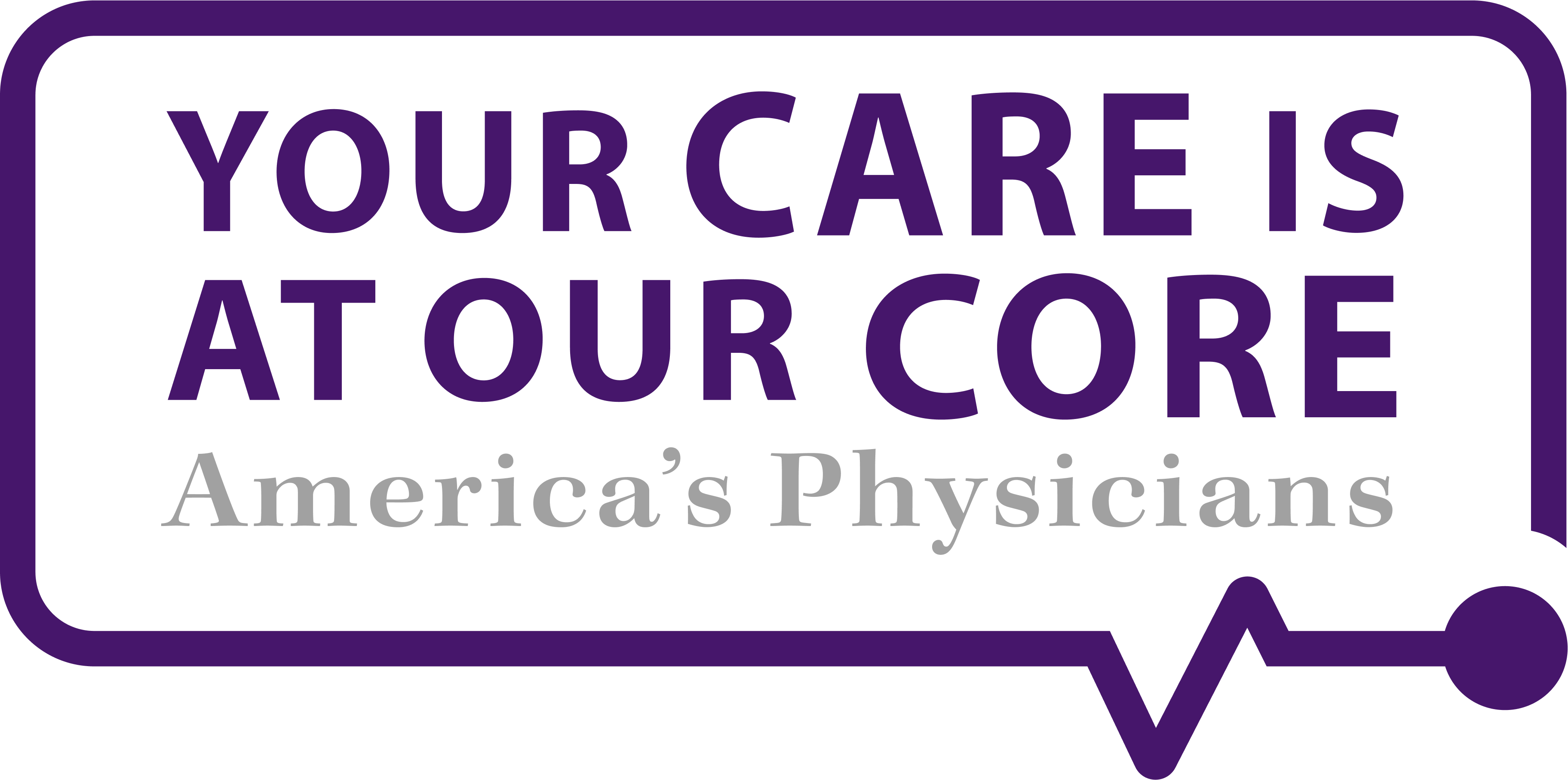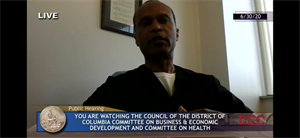Get Involved

Learn more about our Your Care Is At Our Core Campaign to support the physician-patient bond.

Interested in learning more about MSDC's advocacy efforts, or getting more involved in advocating for your profession? Contact our office to learn more or complete the form below!
The Medical Society represents the physicians and patients of the District of Columbia in discussions with the Council of DC, the DC Departments of Health and Behavioral Health, the DC Boards of Medicine and Pharmacy, plus other members of the medical community.
The District has a different process for passing laws than the federal government. See "How a (DC) Bill Becomes a Law" for an overview of DC's policy-making process.
Keep track of upcoming advocacy events and hearing. Bookmark the MSDC calendar (found here) to see upcoming hearings and how you can testify. Or just contact MSDC/fill out the form below!
Health Care Legislation in the DC Council
Keep track of the bills moving through the Council that MSDC is following. View our online tracking sheet here.
Advocacy Curriculum Articles
Who Are the Members of the District Council?
This article is the second in our series of advocacy articles that are part of MSDC's Advocacy Curriculum.
The biggest advantage and disadvantage to advocating for health policy in the District is the legislative body is small. Generally speaking, it takes as few as 8 votes to pass your bill. Thus every member of the Council is important to know.
The District Council is designed to ensure that every resident has multiple representatives. If you are a resident of DC, you have 6 people who represent your interests. That is because the Council is composed of a Chair, four a-large members, and eight Ward members.
The Chair is the head of the legislative branch. This person is the Chair of the entire Council, the Committee of the Whole (which is a committee of the entire Council), and responsible for determining committee assignments. These assignments are for Councilmembers AND bills. The Chair is responsible for the fair and efficient management of the legislative process. The current Chair is Phil Mendelson, and the position is elected city-wide.
There are currently four at-large Councilmembers. These four members are voted on by all District residents, and their four-year terms are staggered so only two are up for election every two years. In a fun twist, when Congress established the Council via the Home Rule Act, it required that a maximum of three members between the Chair and at-larges be of the same party. Of the four at-large, Councilmembers Silverman and Henderson are registered Independents because the Chair and other two at-large members are Democrats. The other at-large members are Anita Bonds and Robert White.
The remaining eight members are geographic representatives of the DC Wards. You can find your Ward using this map. While Ward members have a wide scope due to the committee Chair assignments, they tend to work on behalf of a part of the city more than at-large members. Wards are redrawn every ten years as part of the national census. You can see the entire Council list here.
Like any legislative office, Councilmembers have their own staff that work to advance the Councilmember's priorities. Often the staff will have policy and constituent-services focuses. While people aim to meet with Councilmembers, sometimes speaking with staff is the key to advancing your priorities.
With the Council being a smaller legislative body, that allows for Councilmembers to Chair committees and gain more legislative experience. The current Chair tends to dislike new committee members serving as Chairs in their first Council period, but you will often see newer Councilmembers with their own committee assignments. Each committee has its own professional staff, and depending on the committee has about 5 Councilmembers on it. You can track committee policies and procedures here.

Leave a comment